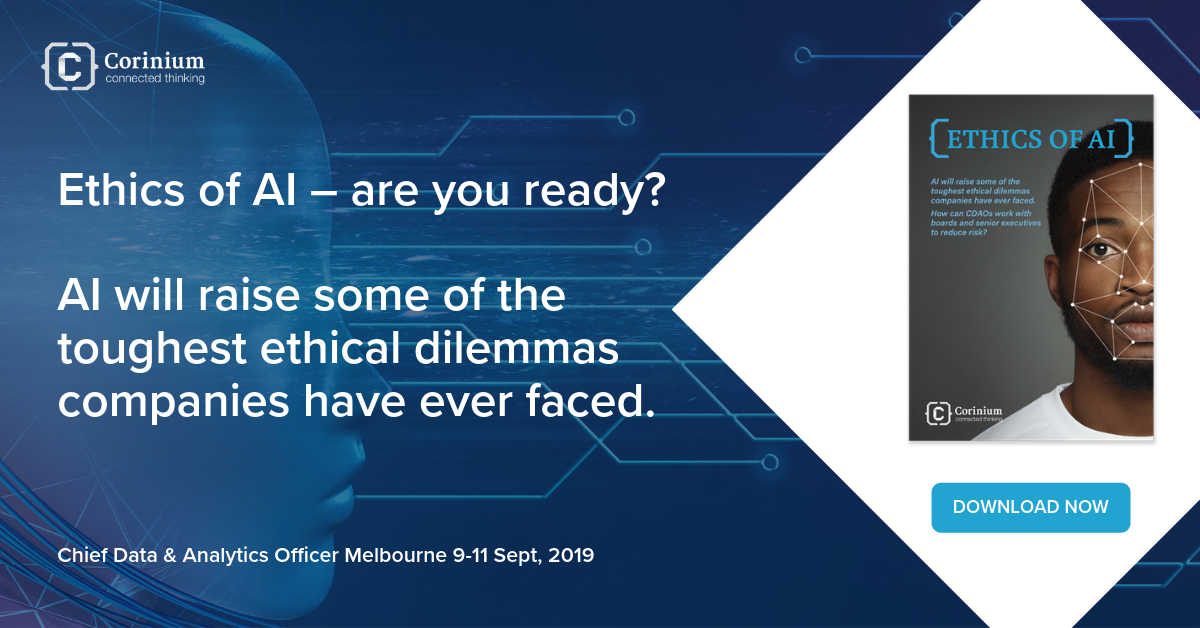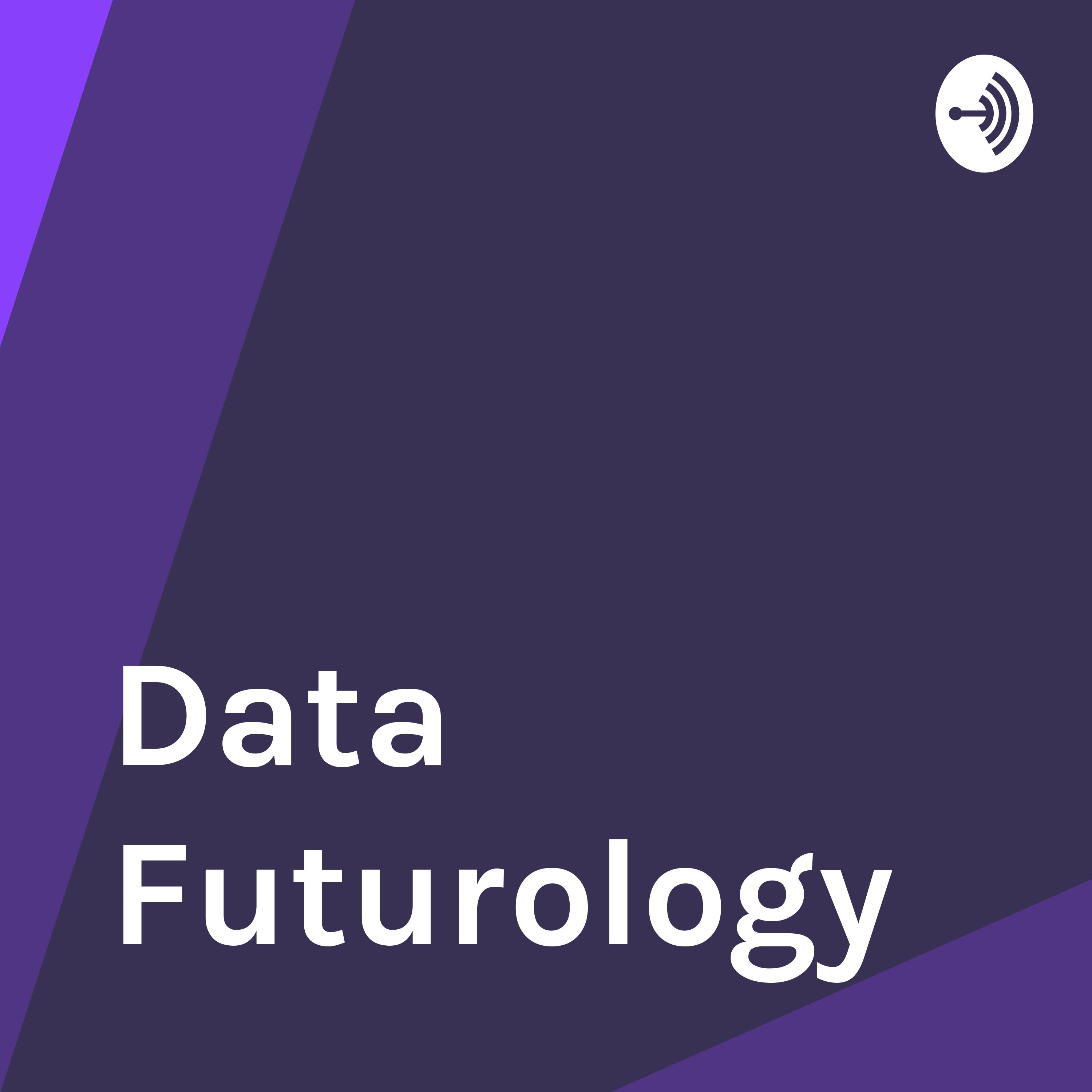Investments in Artificial Intelligence (AI), Analytics and Hybrid Cloud Cited as Drivers of Change
A new study conducted by Corinium Digital and commissioned by Paxata, Accenture Applied Intelligence and Microsoft, illustrates how data is at the heart of enterprise digital transformation.
The study, The Innovation Game: How Data is Driving Digital Transformation, examined how senior data & analytics practitioners are grappling with digital transformation and how a combination of data and new technologies are accelerating this shift.
Asked for the primary driver of digital transformation within their organization, 40 percent of respondents cited rapid technology development, followed by customer needs and expectations (34 percent), and the need to break down internal siloes to enable better decision-making (26 percent).
How New Technology is Driving Change
- Nearly all (93 percent) respondents said that their organizations are investing more than $1 million in new analytics initiatives. The main purpose of their analytics function are achieving cost savings and efficiency (43 percent) and to bolster revenue generation (23 percent).
- Three out of four (75 percent) are set up and trained on self-service analytics, and 76 percent of those that are set up believe this approach has enabled proliferation, understanding, and use of analytics throughout the business.
- Seven in 10 (72 percent) of respondents said that their organizations are investing more than $2 million to finance new AI initiatives. Areas of AI investment include strategic planning, artificial creativity and computer vision, virtual reality, and image processing.
- More than half feel that AI and machine learning play an integral part in their organization’s the decision-making process.
- Over 60 percent of respondents surveyed stated that their organizations store and use data for business analytics in a hybrid, multi-cloud strategy with data originating from cloud environments and existing on premises infrastructure.
Challenges That Are Hindering Digital Transformation
- Accountability is the primary obstacle impacting an organization’s ability to achieve a digital transformation (30 percent) followed by alignment and cooperation of internal stakeholders and technology.
- 70 percent of IT/Data Management teams struggle to support the business’ analytical needs, for example due to limited availability. Two out of five (38 percent) feel data quality is a problem with 15 percent expressing low confidence in the quality of the results from the data and 54 percent stating that they are somewhat confident in the quality of the results.
“Data is at the heart of this transformation and provides the fuel to generate meaningful insights,” Nenshad Bardoliwalla, Co-Founder and Chief Product Officer at Paxata. “We have reached the tipping point where all businesses recognize they cannot compete in a digital age using analog-era legacy solutions and architectures. The winners in the next phase of business will be those enterprises that obtain a clear handle on the foundations of digital transformation, specifically the nexus of modern data management, cloud, and artificial intelligence (AI).”
About the Study/Methodology The study surveyed 100 data and analytics leaders across North America, with 80 percent of companies participating having an annual revenue over $5 billion in February 2018. The results from The Innovation Game: How Data is Driving Digital Transformation highlights where firms are in their digital transformation journey. Corinium pre-scheduled interviews with 100 members of their data and analytics community. The participants were picked by the Corinium research team and interviewed by telephone appointment only.








